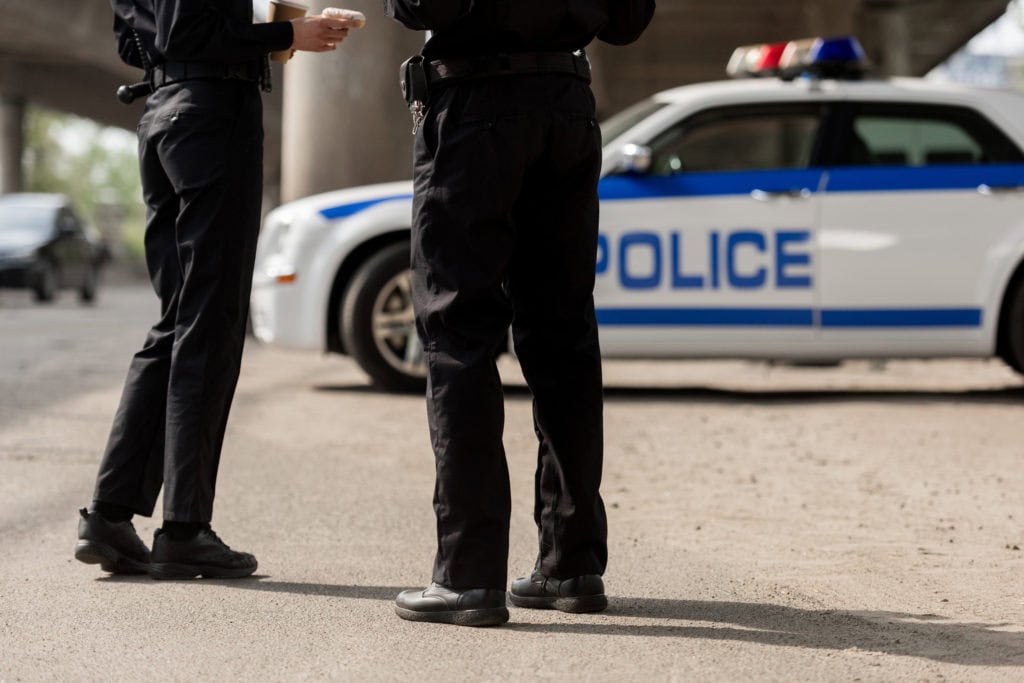Torture Tactics Police Use to Get a Confession

Toronto Police torture tactics drew attention in 2009 when the Ontario Court of Appeal marked a critical judgment on “tortuous” police conduct on two suspects to obtain evidence. In the reports, Neil Singh and his alleged accomplice were “tortured” by a Toronto police officer to obtain a confession for a robbery. The conviction was stayed by the Court of Appeal due to the egregious police misconduct.
Incidents of Police Brutality and Related Acts
In recent years, media circuits have narrowed in on incidents of police brutality and related acts. In a particular incident, two suspects were arrested several months after $350,000 worth of copper piping was stolen from a Toronto warehouse. The suspects were deliberately threatened, beaten, and denied their rights to counsel during the police interrogation.
In the testimony of Singh and Maharaj, they describe the police brutality they suffered from having their head slammed against a wall to being repeatedly punched in their head and back. Notably, Maharaj’s assault left him suffering from a fractured rib. The police officers continued their intimidation tactics and assault on the suspects until a confession was coerced.
This alarming case brings increased attention to police torture and intimidation tactics. The decision to stay the charges is even more compelling given that the police did not contest or respond to the allegations. In fact, one of the police officers involved in the beating apparently thought “It’s part of his job”. The question arising here is, is assaulting suspects to secure evidence really considered part of the job?
Police Conduct and Human Rights in Criminal Investigation
The lines between appropriate and beyond necessary investigative measures are at times blurry. Is the police warranted to use verbal and physical intimidation and assault in any circumstance? Such conduct has immediate Charter implications. The sanctity of the criminal justice process relies on fairness. Intimidation, threat, and blatant disregard for human life defeat any such principle.
Disciplinary Measures for Police Misconduct
There are other crucial considerations to take into account. The appeal court acknowledges the potential human rights violations caused by such misconduct. Such actions could be characterized as “torture” under the Criminal Code. All persons are entitled to basic human rights and rights to counsel upon arrest. The implications of such police misconduct lead to the question, what disciplinary measures are taken to hold police officers accountable? Although an internal investigation was launched during this case, no charges or further disciplinary consequences arose from it.
Impact on Trial Fairness and Sentencing
In the trial ruling, it was expressed that while the behaviour of the police officers was unacceptable, it did not impact the fairness of the trial. Singh was sentenced to one less year due to the police misconduct. This raises another question: is the violation of one’s right deemed acceptable to obtain necessary evidence? The Court’s decision to stay the robbery charges sends a clear message that such police behaviour will not be condoned, regardless of the evidence obtained during the investigation.
Implications for Eliciting Evidence
As a result of police intimidation and use of brutality, the potential for false confessions and involuntary statements is immediate. The courts have long recognized that such tactics have no place in eliciting appropriate evidence and testimony. In practice, however, the line of discretion for the purpose of interrogations and investigative work is never clear-cut. The implications of this Court of Appeal may be serious and it will be interesting to see how the decision is handled by lower courts and its effects on police practice.
Importance of Knowing Your Rights and Legal Representation
It is important to know your rights. If you have been charged with a criminal offence, Pyzer Criminal Lawyers offer a free consultation!
Coerced Into a Confession? Protect Your Rights Today
The Canadian Charter of Rights and Freedoms protects individuals from police coercion, intimidation, and forced confessions. However, cases like Singh and Maharaj show that police misconduct still occurs, leading to false confessions and serious violations of human rights. While courts have condemned these tactics, accountability remains a concern, and improperly obtained confessions can significantly impact the outcome of a case.
If you have been coerced, intimidated, or denied your right to counsel, you may have legal grounds to challenge the evidence against you. Criminal defence lawyers in Toronto have extensive experience defending clients against unlawfully obtained confessions and police misconduct. Contact us today for a confidential consultation.
This article provides general legal information only and should not be construed as legal advice. Laws and their interpretation may change, and the application of law to specific circumstances requires professional legal assessment. If you have questions about a legal matter, please contact us for a free consultation.

Jonathan Pyzer, B.A., L.L.B., is an experienced criminal defence lawyer and distinguished alumnus of McGill University and the University of Western Ontario. As the founder of Pyzer Criminal Lawyers, he brings over two decades of experience to his practice, having successfully represented hundreds of clients facing criminal charges throughout Toronto.





